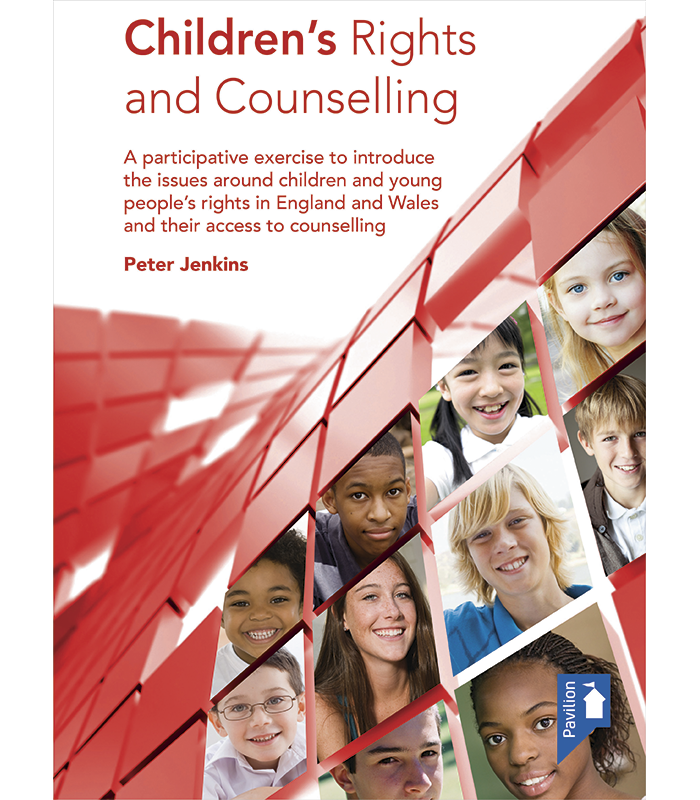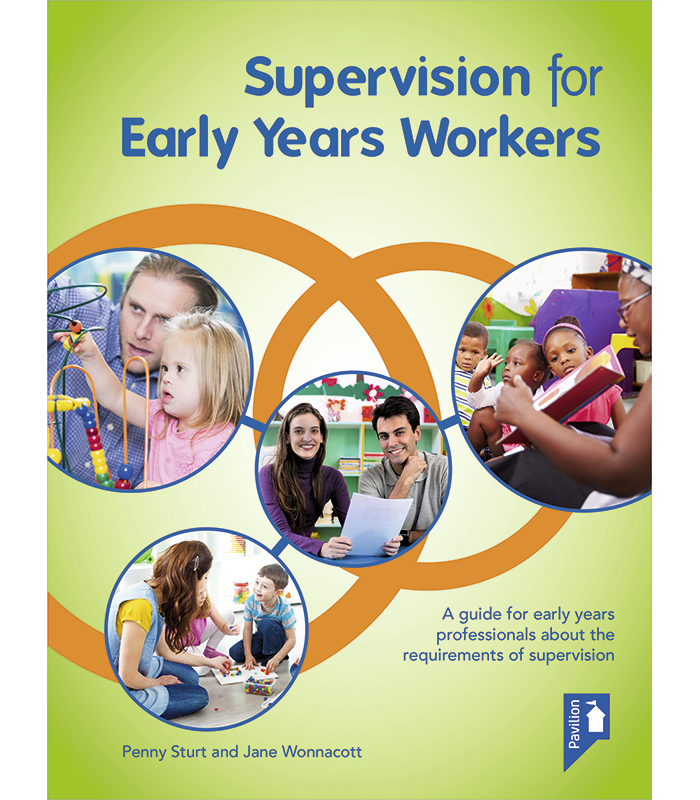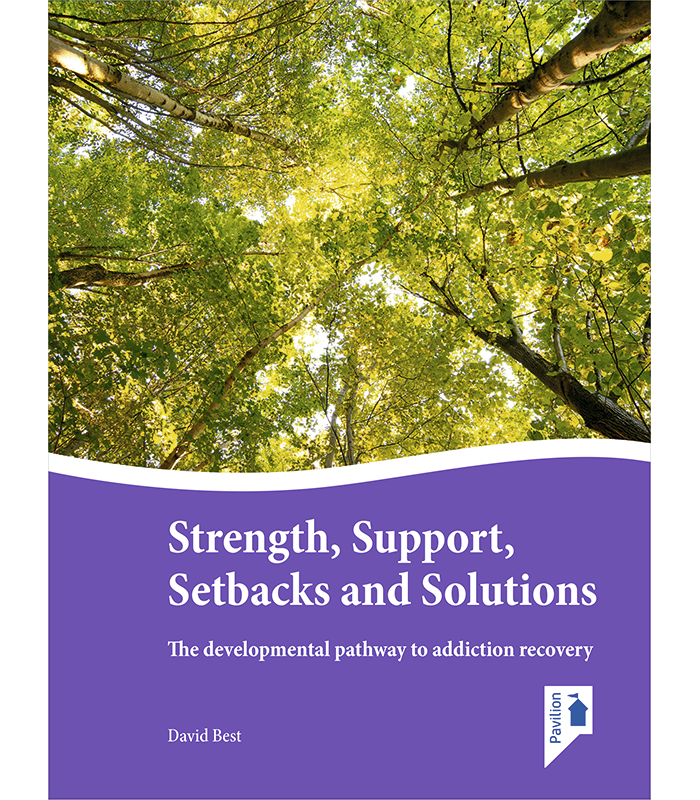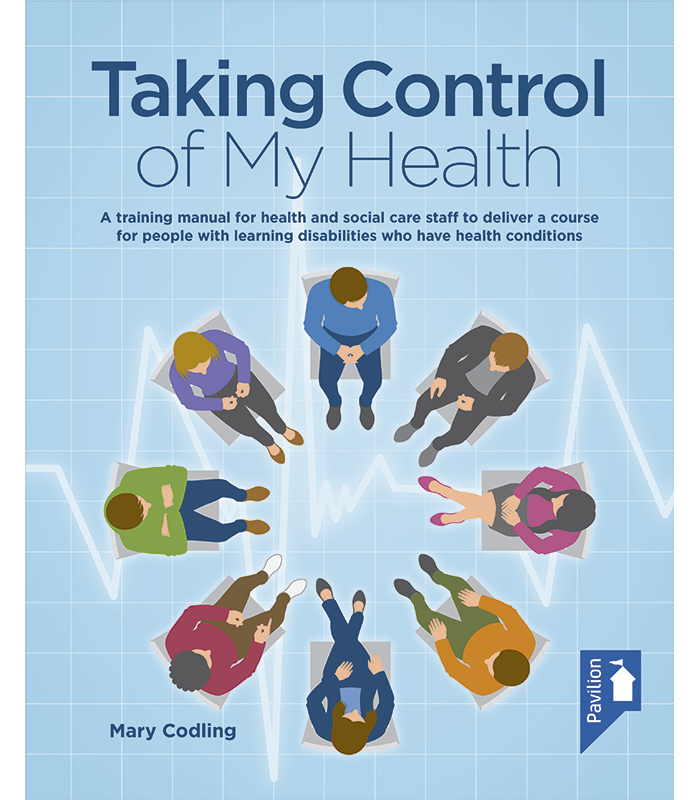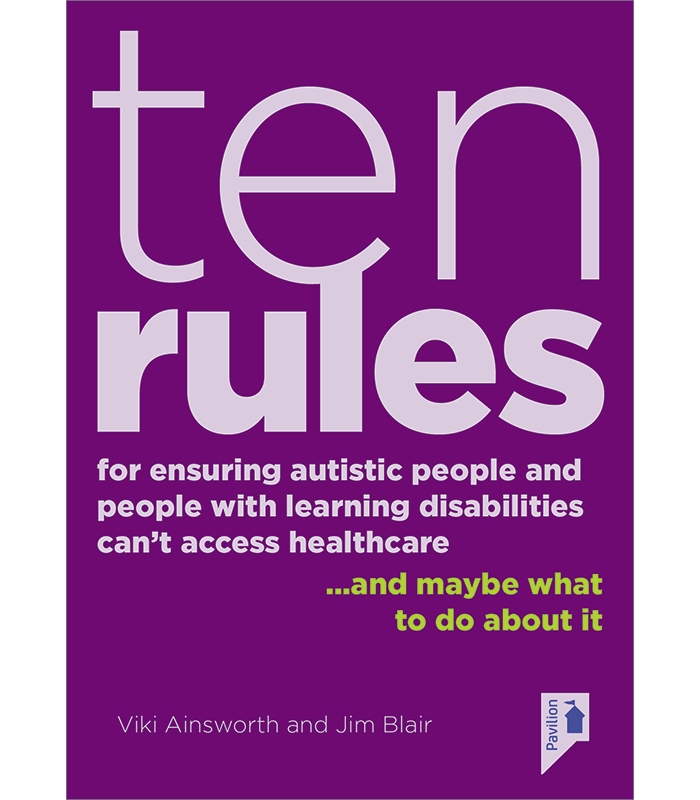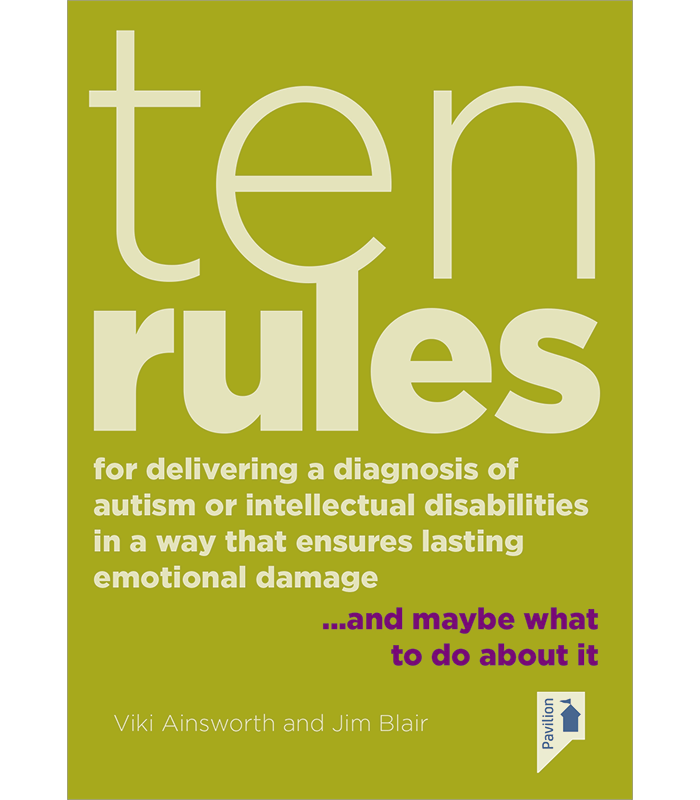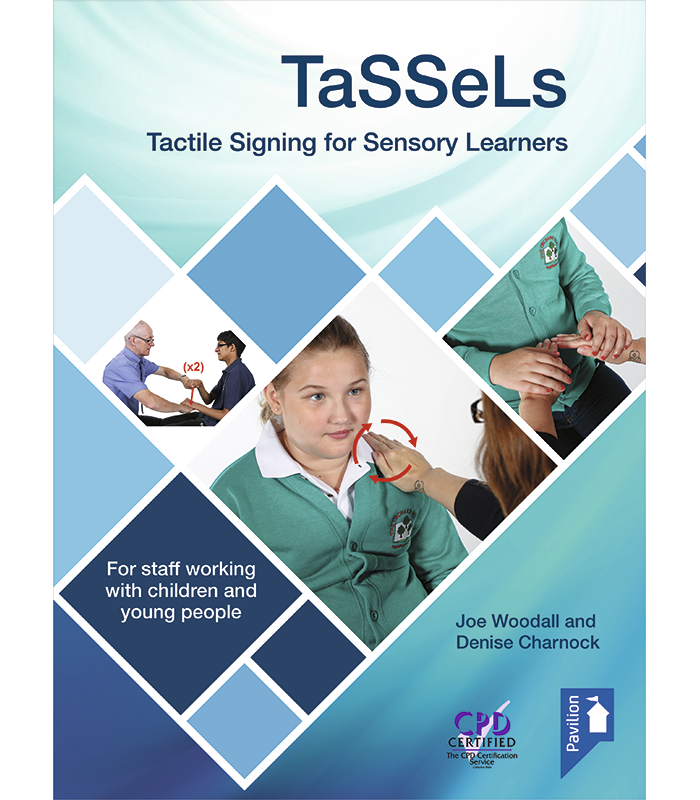
For those with profound and complex learning disabilities, traditional approaches to communication and learning need to be creatively adapted to ensure they meet individual needs. Touch is a vital method of communication for those with profound learning difficulties, who can often also have visual and/or hearing impairments. The TaSSeLs system utilises touch to promote meaningful interaction by communicating what is going to happen next and preparing learners for changes. This allows them to be involved in their own routine and offers comfort, nurture and respect.
In this second edition of the TaSSels training pack, techniques have been refined, improved and added to, based upon the invaluable feedback of users. It provides all the necessary resources and information to help someone learn to use the system with children and young people aged from 0-19 years, including background information, key principles and explanations of the three different methods of delivering the signs. These methods are hand-under-hand (preferred method), hand-under-hand (adapted method) and the on-body method. The training pack includes new strategies that will increase the ease of signing, as well as increase the interaction between learner and adult.
The training pack offers practical visual aids in order to ensure the training is as easy and clear to deliver as possible. The index includes detailed descriptions of the signs, with 176 colour photographs to illustrate. The pack includes resources available online which offer guidance on creating prompt cards, as well as specialist software so these can be personalised to suit the learner’s needs.
Testimonials
‘As a teacher of children with profound and multiple learning difficulties (PMLD) the use of TaSSeLs has been invaluable in the classroom. It has given staff and parents a very meaningful, appropriate and effective way of communicating with children who were previously unsure of their surroundings or what was happening to them.’
Laura Valentine, Head of Early Years, The Orchard School
‘I have introduced TaSSeLs with a number of my clients, ranging from ages 2½ to 19 years old. One of my most successful users is Harrison. Harrison has a diagnosis of spastic quadreplegia, developmental delay, cortical visual impairment and epilepsy. He was 2½ years old when I met him and was a very unsettled little boy who startled at any unexpected sound or movement… Harrison’s startle reflex would set off frequent seizures and he was unable to focus on anything for more than a few brief seconds. TaSSeLs was the first thing I introduced and it has been used consistently by his team for the past two years. Harrison is now a cheerful little boy who loves annoying, loud, silly noises, tickles and action rhymes.’
Natalie R. Morris, Lead Speech & Language Therapist, Director, Integrated Therapy Solutions
Training
It is strongly recommended that those who wish to use the materials in a professional capacity receive training from the TaSSeLs team. Please contact Joe and Denise at [email protected].




